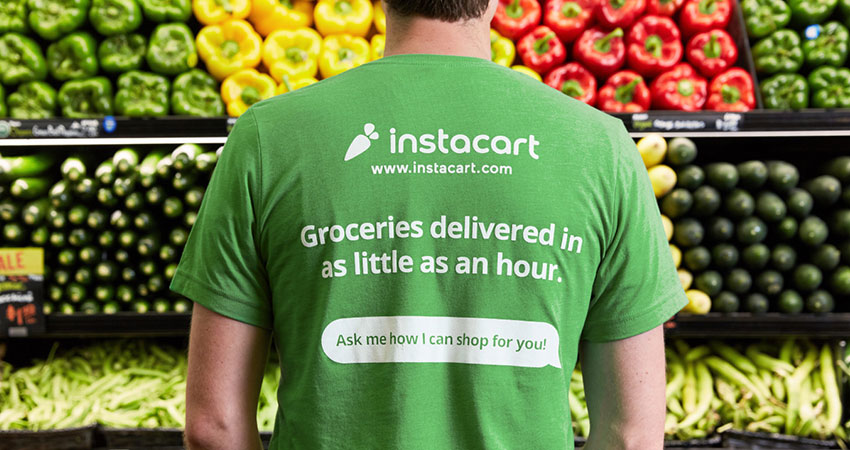Instacart and the city attorney’s office in San Diego have reached a settlement over charges it misclassified its delivery drivers as contractors, a heated and ongoing issue in California and elsewhere that challenges the economics of last-mile delivery companies using the pervasive gig model.
According to San Diego City Attorney Mara W. Elliott, Instacart has agreed to pay $46.5 million to settle a lawsuit her office filed in 2019, covering 308,000 drivers who worked for the delivery service firm from September 2015 to December 2020. Each will receive a payout based on the number of hours worked during that period.
Instacart has denied any wrongdoing, insisting it had properly classified its workers at all times.
“We are pleased to get justice for these delivery workers, who, at the height of COVID-19, provided an invaluable service to California households,” Elliott said in a statement. “My Office will continue our fight for the rights of workers statewide. We hope other gig economy companies will also do right by their workers.”
According to Elliot’s office, the settlement will reimburse Instacart workers for expenses such as maintenance and fuel costs on their personal vehicles, mobile phone bills and PPE used for COVID-19 protection. Individual restitution payments can run into thousands of dollars for the busiest drivers.
This past June, California’s controversial AB5 law went into effect, after the U.S. Supreme Court refused to take up an appellate court case at the end of its session. The law, which calls for reclassifying gig workers as employees entitled to benefits such as healthcare and paid leave, was opposed by the California Trucking Association, which had filed the appeal. The CTA’s argument was that AB5 would cause an undue burden on trucking firms, many of them small or single owner/operators, causing many to leave the state.
Legislatures in nine other Democrat majority states have introduced legislation to apply the so-called ABC test to determine if workers should be classified as contractors or employees. The Biden administration has put forth the PRO Act, a labor proposal which would make the test a national mandate.
Experts rightly predicted AB5 would worsen supply chain challenges, including the busy West coast ports, given worker shortages and other issues plaguing the logistics sector. Many businesses suddenly found themselves without local, independent carriers they had relied on.
Passage of the law led to temporary work stoppages and terminal blockage at the Port of Oakland, with thousands of truck drivers turning out in protest. Port operators there are hoping for judicial relief to prevent a damaging repeat performance during the peak season rush, not a likely prospect.

